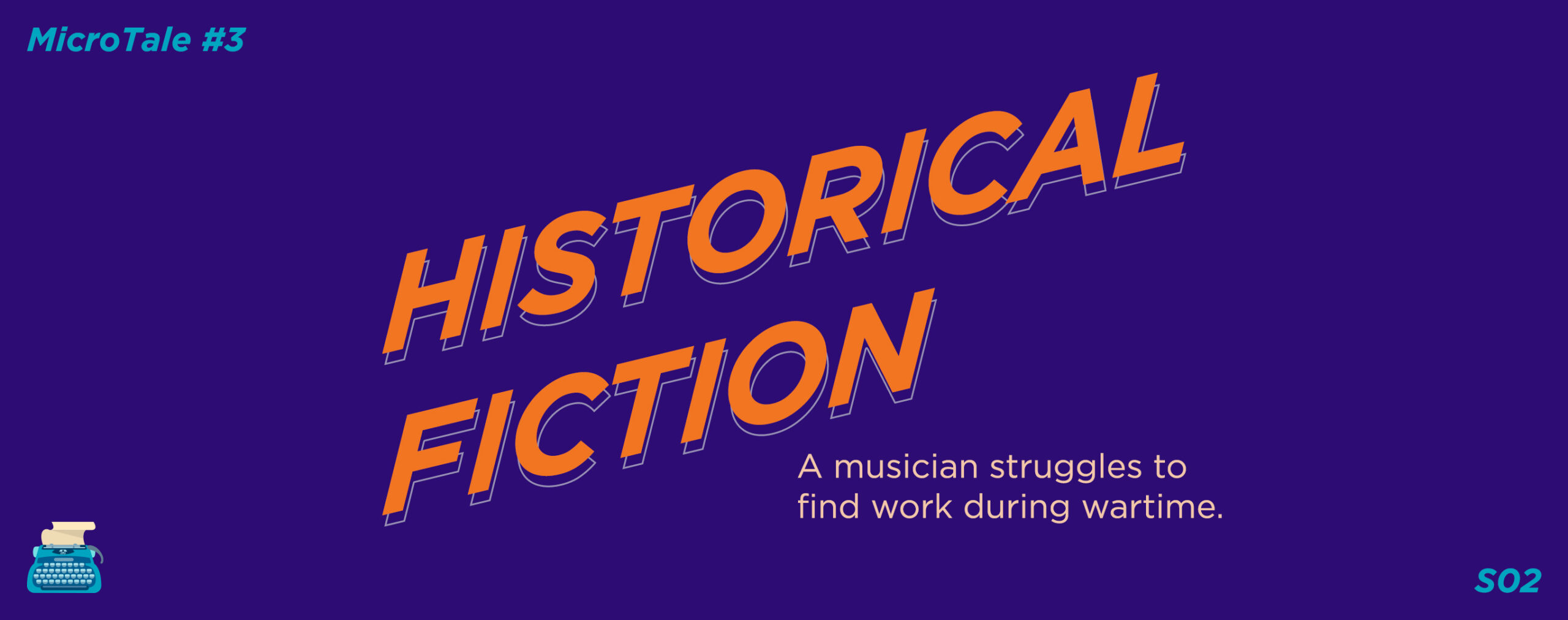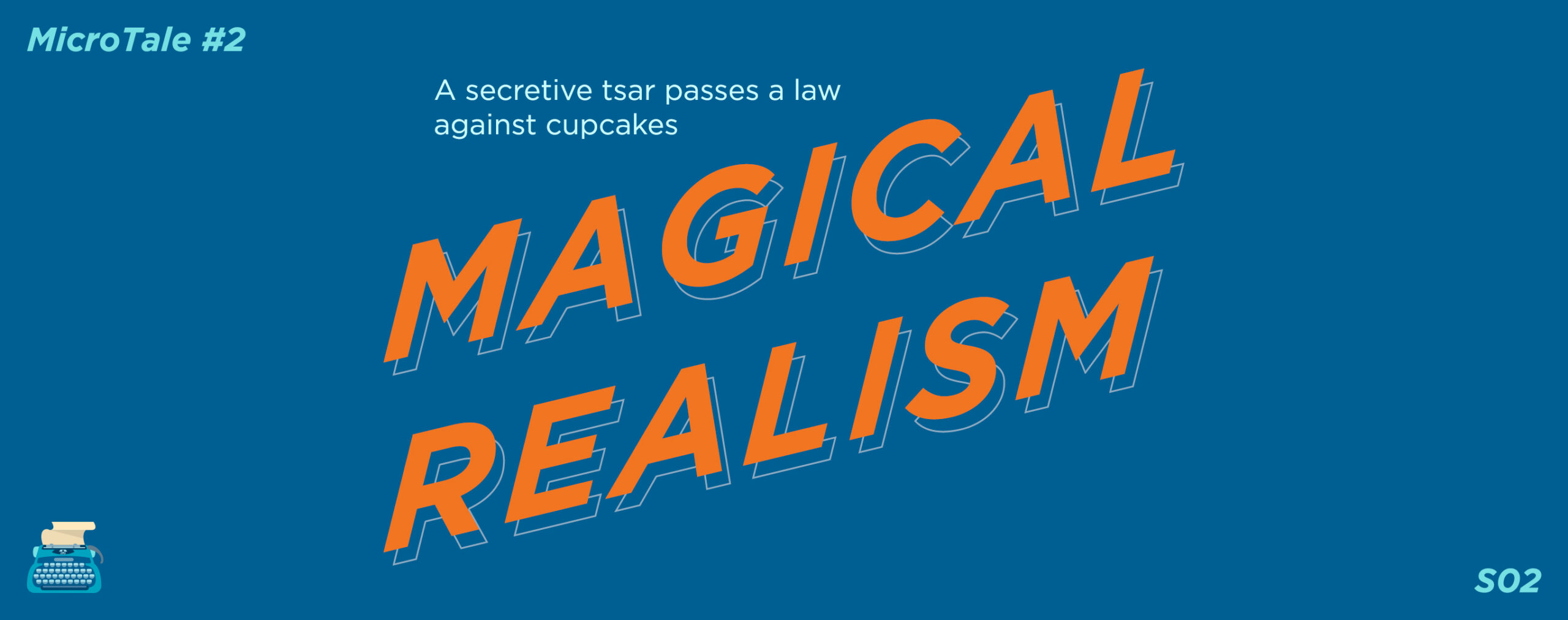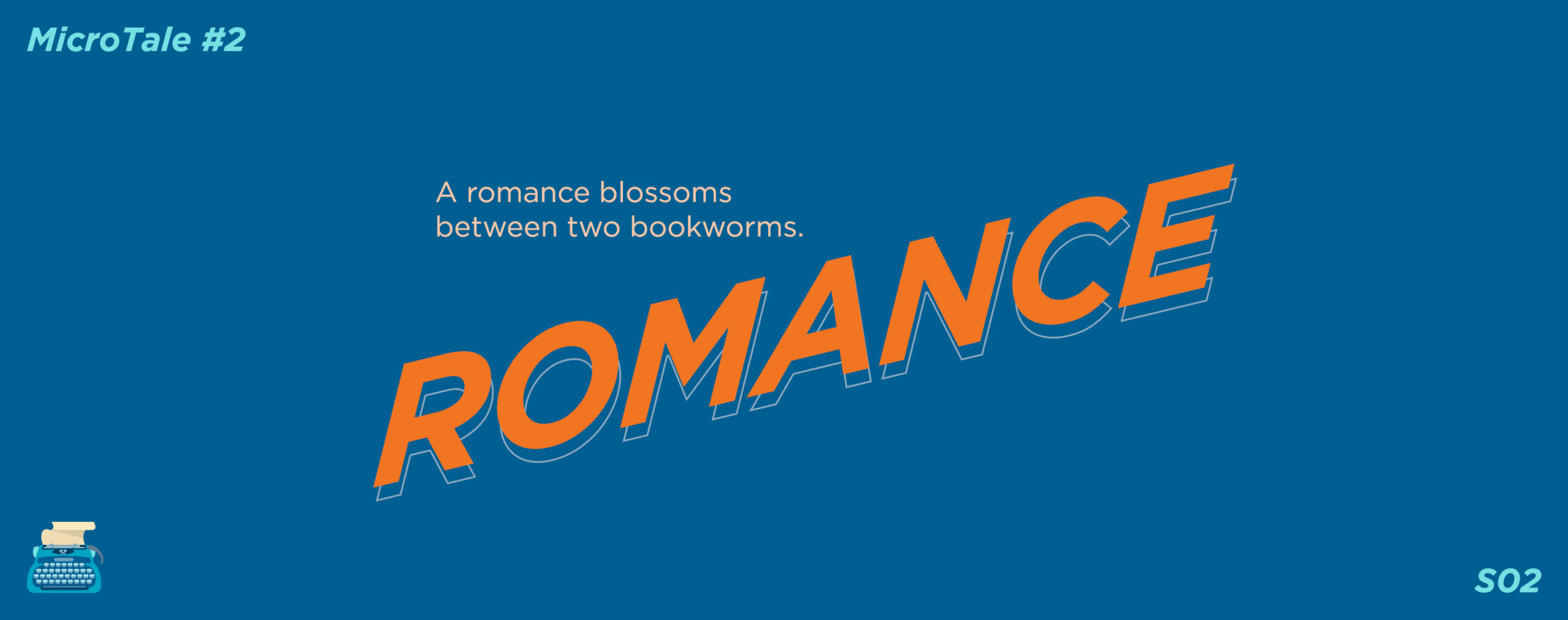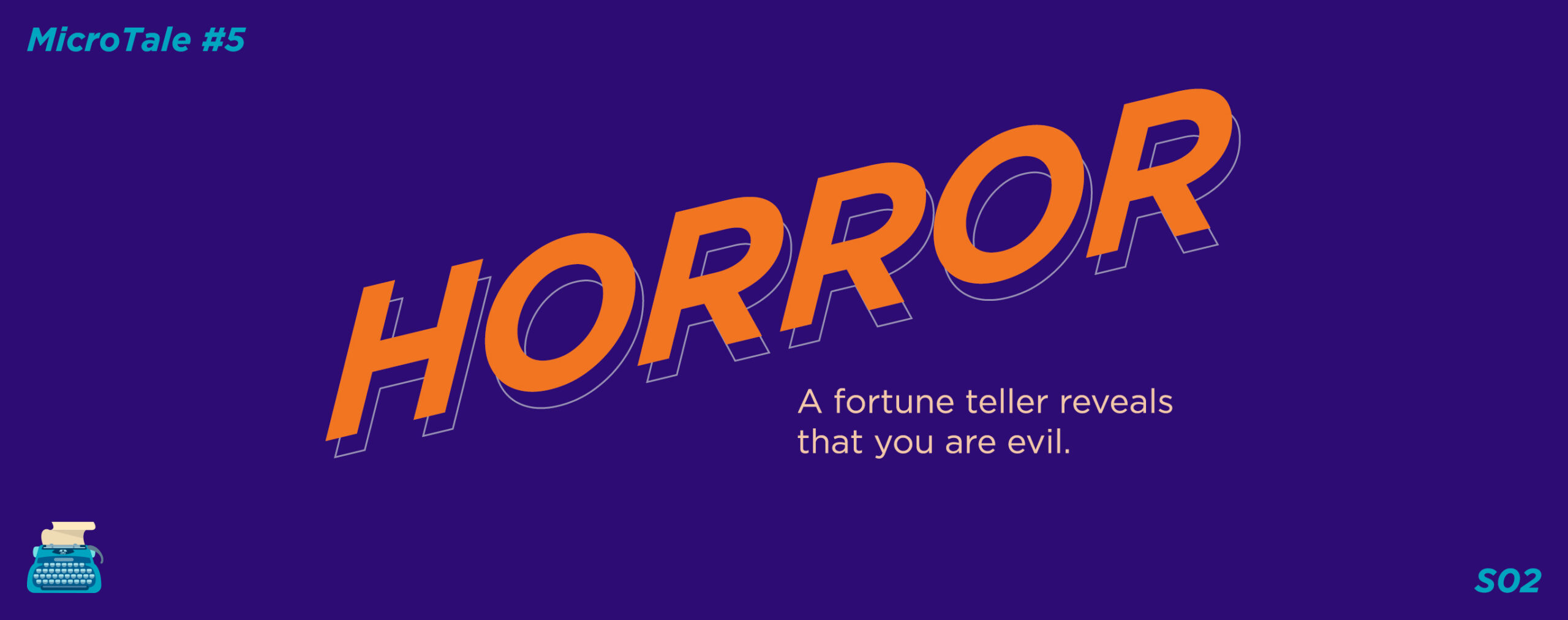Melkita’ Ulamun

My mother was an amazing and brilliant musician. Music was her only ally in the long pitifully sad and abandoned evenings. She used to sing and play music to ease her weary mind and calm her aching heart. Music had been the only thing that helped her overcome the melancholic days when my father passed away. It was her stronghold, a tether to the light when everything seemed dark and scary.
I remember her chestnut coloured violin that had been made by my grandfather. I remember, exactly, the way she used to hold her violin, balanced under her chin waited. The way she touched the strings, the bow held just so above the strings. The way she’d effortlessly yet passionately coax a sweet melody, infiltrating the air with sweet notes. And how her melodies would envelope the listeners in a warm veil of awe and wonder. In her melodies there was a sweet sort of playfulness that would cast a spell of equanimity in the air.
When I was a kid my mother used to tell me, Darling Nat! You shouldn’t worry about the future too much. Take risks while you are young and alive. Breathe the air that smells so sweet. Smell the scent from an unseen utopia, lingering, waiting to be consumed by your gasping lungs. View the stars and the moon every night with pure amazement. As if it’s your first time seeing them. Imagine what it’d be like slow dancing with the moon and getting lost in constellations.
What she forgot to tell me was that not every fairy tale has a happy ending. The grand symphony of war had erupted. The air was no longer filled with my mother’s sweet and lovely melodies. Instead, the air was now filled with trepidation. A hauntingly cold melody was embedded within it. The sound of sirens, bombings and German fighter jets filled the air with notes of despair and agony.
Since the war began, times had been really tough for everyone. Jobs were difficult to come by and easy to lose. Last night, when I was out trying to earn a few schillings to put food on our table, German bombs turned the whole town into graves. When I came back my heart twinged at the sight of rubble and grey dust that covered every inch of the ground. My legs wouldn’t move. I dragged myself to look for my mother amidst the debris and wreckage. Not a single living being was in sight.
It was painstakingly difficult for me to gather all my strength and look for the remains of the place, I once called Home. I missed it. I missed the smell when I walked through the front door, the familiar creeks and groans, the paintings and family pictures on the walls. My mothers plant. The quirks of my room, the peaceful calm around every corner, and the warmth that emitted from every room. The sounds of the town, the oddities and familiar faces. The comfort of knowing where everything was. It was all gone. I no longer recognise anything. The wind howled and groaned, lamenting at my loss.
I couldn’t stop my tears. Swollen cheeks, bloodshot eyes, wet wear and dumb pale face. Some goodbyes can be so devastating I never knew. I shut my eyes and held my violin close to me. I wished I had been at home, too. My whole body was aching. I wanted to get rid of this burdensome weight. I thought of the desperate attempt to quell the never ending and relentless pain. But I suddenly recalled something that my mother had told me.
She always told me, Natalie you have a mellifluous voice that give hope to others. After failing an audition when I’d come home shattered, deprived of self-esteem and confidence. She’d cheer me up and tell me that I’m her brave and strong hearted daughter. Melkita’ Ulamun, she would call me.
I told her,
Mom, sometimes when I look up I think as if I were a piece of sky in my past life. In my eyes you can see galaxies and universes. There are parts of me which are as bright and radiant as the sun and then there are parts of me as dark as the nights without moon. Cloudy, sad and about to cry.
She smiled, pressed my hand softly and said, Darling Nat! Life can be really hard sometimes. But honey! No matter what, in heart every one likes to live. There’s this quirky charm of life no one can deny.
I didn’t understand what she meant then, but I did now. I knew what she meant. I adjusted my mother’s violin on my back and kept walking till I saw some houses. I knocked at almost every door begging to stay the night and in return I’d play music for them. But everyone was too afraid of the Nazi soldiers. They were taking away the musicians. I knew some cafes on the other street that I hadn’t begged for a job yet.
It had started raining when I reached the café. I went to the barkeeper who was busy in his barkeep tasks.
Would you let me play for the evening? , I asked in a broken voice. Maybe it was my wet wear, pale face or the despair in my eyes that the barkeeper agreed. He gave me a warm cup of coffee and a loaf of bread. Eat first. I looked at him with tear-streaked eyes. I wanted to tell him how grateful I felt but words wouldn’t come out of my mouth.
After a while I balanced my violin just like my mother used to. With trembling hands I managed to coax a melancholic melody from the strings. The tune tugged at my heartstrings. I was the child prodigy who got her education from her mother.
Rain here is so different
Unrelenting
Falls incessantly
Like a lullaby at night
Its rhythm engulfs me
Drowning out all other voices



The most emotional out of all the other entries in Historical Fiction. Reminded me a bit of Khaled Hosseini’s writing style.
JazakAllah. That’s the most kindest thing someone said to me in days. Bless you.
I have been trying to post comments here but damb my internet. I hope this gets posted. I read this subah subah and couldn’t feel more grateful there was no other way to start the day with such beautiful writing. Write more about tragedy and war. That’s your genre. I have a feeling. 💖💖💖💖💖
Thank you, Love. <3 Lets have a discussion on what I'm writing next.